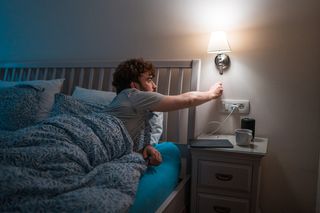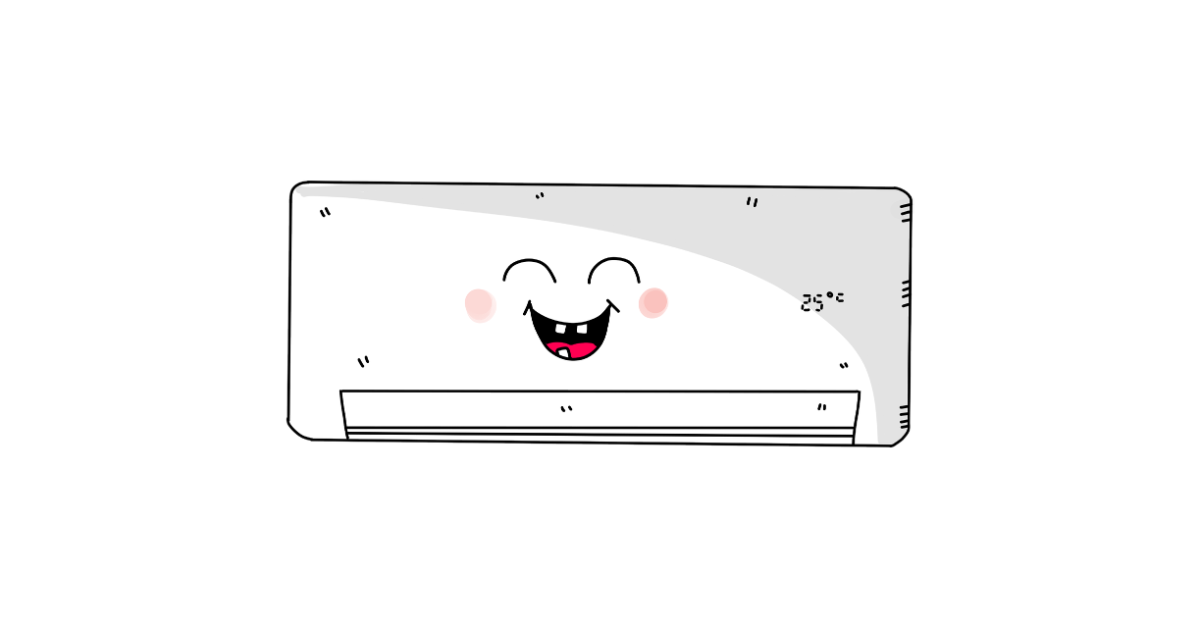We know that quality sleep is integral to our overall health, and now a new study suggests that it also plays a significant role in our capacity to learn and take on new information. If you’re planning on learning a new language in the coming year, research says that prioritizing proper sleep will help your brain to store information more efficiently.
The findings of the study, which are based on a clinical trial conducted by researchers at the University of South Australia, sleep strengthens the language learning process by helping you to better retain words and grammatical rules.
Key Takeaways
- A clinical trial suggests that sleep quality is key to memory retention
- Study participants who slept well performed significantly better in a memory test compared to participants that didn't sleep
- Synchronized brainwave patterns in NREM sleep aids language learning
Language comprehension essentially relies on long-term memory. The study, published at the end of November in the Journal of Neuroscience, throws light on how the synchronized brainwave patterns during non rapid eye movement (NREM) phase of sleep enhances both language learning and long-term memory retention.
How sleep could be the key to learning a new language
In order to explore the relationship between memory retention and sleep, researchers at the University of South Australia asked 35 participants to study Mini Pinyin, a miniature language based on Mandarin which has grammatical rules similar to English.
They were split into two groups: half of them learned the language in the morning and returned in the evening to have their memory tested. Meanwhile, the other half learned Mini Pinyin in the evening, slept through the night and had their memory tested the next morning. Researchers also tracked the brain activity of the second group during their sleep.
Results revealed that those who slept after learning the language performed better in the memory test.

Why sleep is crucial for retaining information
During the trial, researchers discovered that the synchronization of two specific electrical events in the brain during sleep significantly improves our capacity to store and recall new vocabulary. This crucial brain activity occurs during the NREM phase of sleep, which encompasses three different stages of sleep and makes up approximately 75% of our overall time spent asleep.
Of the 35 participants, those who slept after learning Mini Pinyin performed better in the memory test the following morning. Researchers, who monitored brain activity while participants slept, attribute this to the synchronized pattern of brainwaves during the first three stages of sleep.
Lead researcher in the study, Dr Zachariah Cross said in a press release that the post-sleep neural activity showing the unique patterns is associated with cognitive control and memory consolidation. “This coupling [of the brainwave patterns] likely reflects the transfer of learned information from the hippocampus to the cortex, enhancing long-term memory storage," Dr Cross explains.
Insights from the study is also anticipated to aid treatments for language-related impairments like autism spectrum disorder and aphasia. As per Dr Cross, this could be done by increasing the rate of slow oscillations using methods like transcranial magnetic stimulation which can improve aphasia-based speech and language therapy.
How to sleep better for improved learning
This study shows that sleep quality and quantity plays a significant role in our ability to retain new information. So, if you're embarking on learning a new language, sleep is the key. Here's three simple ways to ensure you get quality sleep throughout the night.
Set a consistent sleep schedule
Sticking to a consistent sleep schedule helps regulate your circadian rhythm, which is the body’s internal clock. Going to bed and waking up at roughly the same time every day (even during weekends) helps your brain and body prepare for sleep, making it easier to fall asleep faster. If for some reason your sleep schedule has hit a roadblock due to travel or work, don't worry. Experts recommend that the easy way to reset your schedule is to simply shift your bedtime 20 minutes earlier day by day until it's back to your usual routine.

Clean up your sleep hygiene
Improving your sleep hygiene will make it easier to fall asleep faster and stay asleep longer. Cleaning up your sleep hygiene means ensuring that your bedroom is the right temperature, ambient light is blocked out, and your sleep haven is clean and clutter free. You should also avoid working in your bedroom as this creates a disassociation between the space and the idea of resting in your brain.
Cut out caffeine at least 5 hours before bed
University of South Australia researcher Scott Coussens mentions how the study reiterates the fact that sleep does not just mean a time to rest. “It is also an active transformative state of the brain,” he says. Consuming large amounts of caffeine has been shown to disturb this process by causing frequent wakings and disruptions to your deep sleep phase– which in turn will impact your learning outcomes.
Caffeine affects us all differently. However, it has a half-life of five to 9.5 hours, which means that half the caffeine you consume at the time of drinking will still be in your blood stream after that length of time, which can delay sleep and ultimately affect your ability to retain information.





















 English (US) ·
English (US) ·